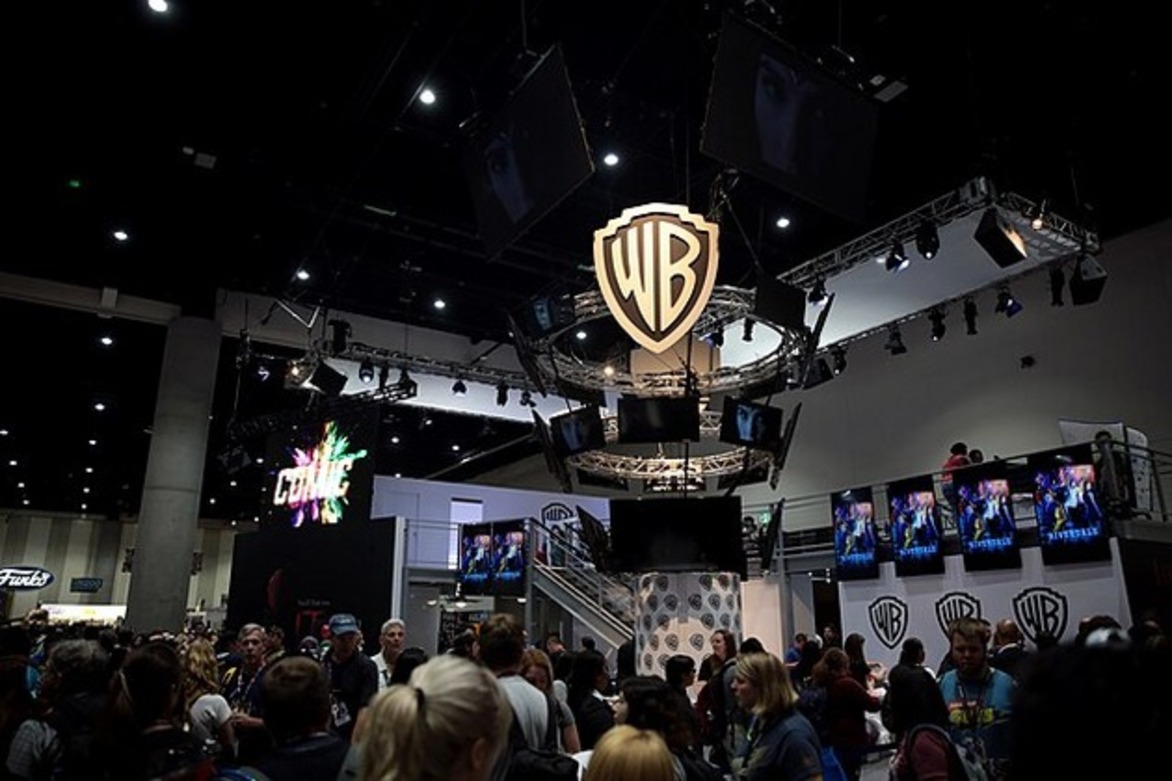Warner Bros Discovery plans breakup to sharpen streaming focus
Anabelle Colaco
12 Jun 2025

BURBANK, California: Warner Bros Discovery is officially breaking itself in two. In a move that signals a major pivot for the media giant, the company said this week it will split into two separately traded entities — one housing its studios and streaming business, the other holding its declining cable TV networks. The aim is to compete more effectively in a rapidly evolving media landscape dominated by streaming.
The breakup unwinds the 2022 merger of WarnerMedia and Discovery and separates high-growth assets like HBO Max and DC Studios from traditional networks like CNN and TNT Sports. The new structure is expected to give each unit the independence — and focus — to scale or adapt without being constrained by the other's performance.
CEO David Zaslav will lead the studios and streaming unit, while CFO Gunnar Wiedenfels will take over the networks business. The split, which will be a tax-free transaction, is expected to close by mid-2026.
"By operating as two distinct and optimized companies in the future, we are empowering these iconic brands with the sharper focus and strategic flexibility they need to compete most effectively in today's evolving media landscape," Zaslav said.
The streaming-and-studios company will include Warner Bros, HBO Max, and DC Studios. The networks unit will retain a stake of up to 20 percent in its streaming counterpart and will comprise CNN, TNT Sports, and Bleacher Report.
Most of the company's US$38 billion gross debt as of March will be held by the networks business, a sign that WBD is positioning its streaming operations for cleaner growth and investor appeal. Shares rose eight percent in premarket trading after the announcement. However, the stock has still been down nearly 60 percent since the 2022 merger, weighed down by streaming competition, subscriber losses, and investor concerns over mounting debt.
Last week, at the company's annual meeting, around 59 percent of shareholders voted against executive pay packages, including Zaslav's $51.9 million compensation.
"WBD is a hotchpotch of businesses which have failed to win over the market. (With the split) Warner Bros has a better chance to gain broader investor interest and focus management on fewer things," said AJ Bell analyst Dan Coatsworth.
The company laid the groundwork for the split last December when it began separating operations internally. The new strategy will allow its streaming service — which has around 122 million subscribers — to refocus its HBO Max brand and aim for 150 million subscribers by 2026. That would still trail Netflix's 300 million and the 181 million combined subscribers of Disney+ and Hulu.
Analysts believe the split could spark further consolidation in the media sector. Comcast, for instance, is planning a spinoff of its cable networks, including MSNBC and CNBC. Some see WBD's network unit as a natural fit.
"The outlook for the cable network business broadly is pretty ugly, and I assume there will be consolidation there," said Jeff Wlodarczak of Pivotal Research. He added that WBD's studios and streaming could eventually combine with Comcast's Peacock.
WBD said it secured a $17.5 billion bridge loan from J.P. Morgan to help restructure debt. J.P. Morgan and Evercore are advising the deal, and Kirkland & Ellis is serving as legal counsel.
